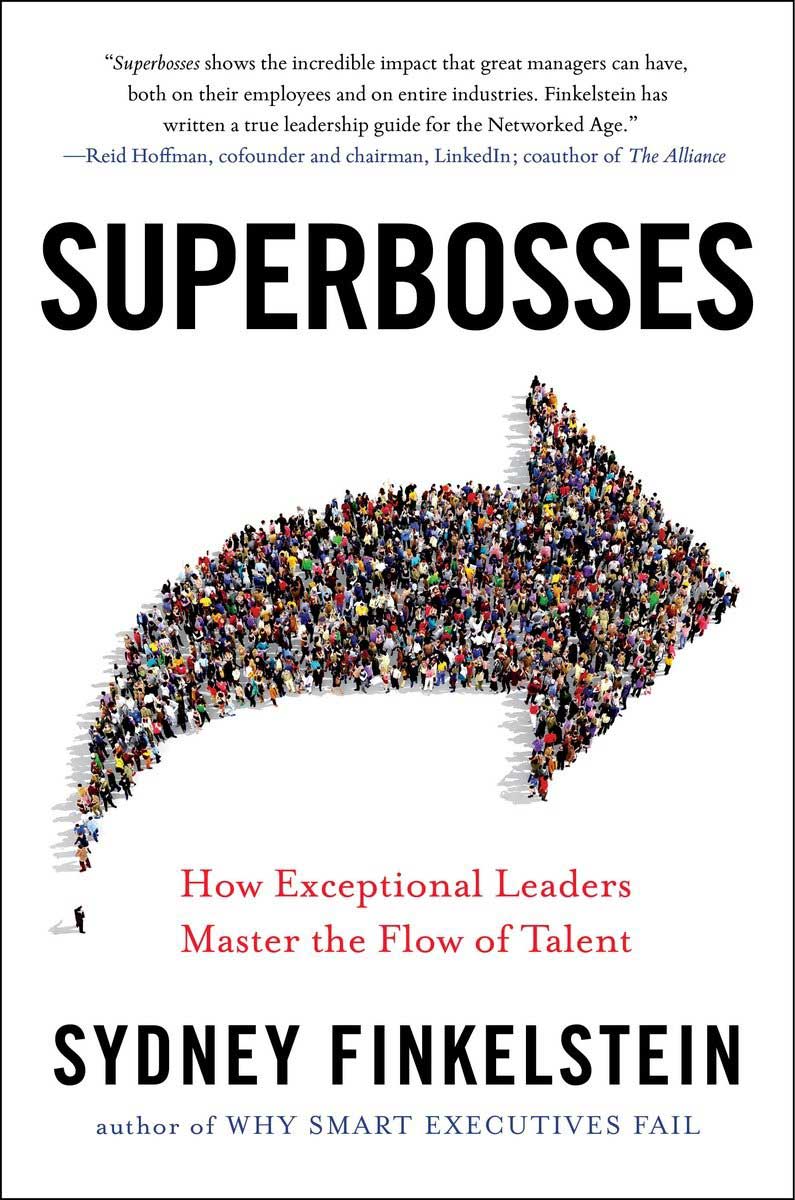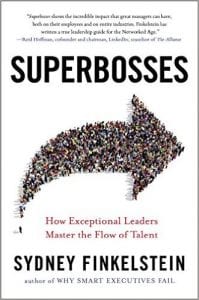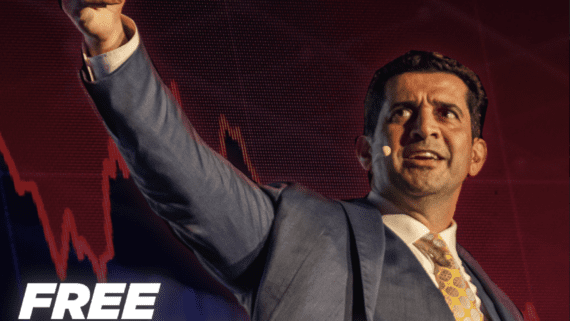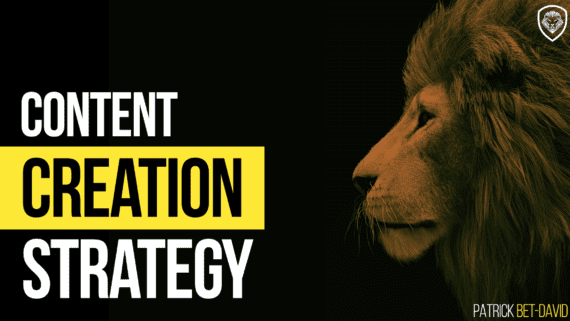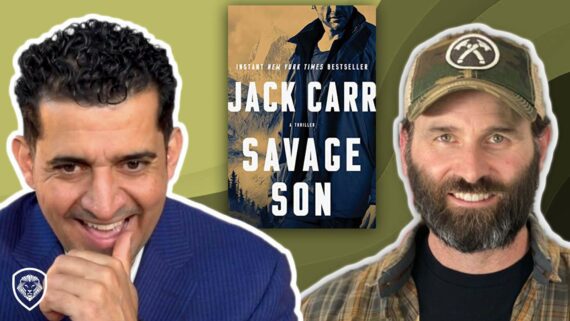“Superbosses is the rare business book that is chock full of new, useful, and often unexpected ideas. After you read Finkelstein’s well-crafted gem, you will never go about leading, evaluating, and developing talent in quite the same way.”—Robert Sutton, author of Scaling Up Excellence and The No Asshole Rule
“Maybe you’re a decent boss. But are you a superboss? That’s the question you’ll be asking yourself after reading Sydney Finkelstein’s fascinating book. By revealing the secrets of superbosses from finance to fashion and from cooking to comic books, Finkelstein offers a smart, actionable playbook for anyone trying to become a better leader.”—Daniel H. Pink, author of To Sell Is Human and Drive
A fascinating exploration of the world’s most effective bosses—and how they motivate, inspire, and enable others to advance their companies and shape entire industries, by the author of How Smart Executives Fail. A must-read for anyone interested in leadership and building an enduring pipeline of talent.
What do football coach Bill Walsh, restauranteur Alice Waters, television executive Lorne Michaels, technology CEO Larry Ellison, and fashion pioneer Ralph Lauren have in common? On the surface, not much, other than consistent success in their fields. But below the surface, they share a common approach to finding, nurturing, leading, and even letting go of great people. The way they deal with talent makes them not merely success stories, not merely organization builders, but what Sydney Finkelstein callssuperbosses.
After ten years of research and more than two hundred interviews, Finkelstein—an acclaimed professor at Dartmouth’s Tuck School of Business, speaker, and executive coach and consultant—discovered that superbosses exist in nearly every industry. If you study the top fifty leaders in any field, as many as one-third will have once worked for a superboss.
While superbosses differ in their personal styles, they all focus on identifying promising newcomers, inspiring their best work, and launching them into highly successful careers—while also expanding their own networks and building stronger companies. Among the practices that distinguish superbosses:
They Create Master-Apprentice Relationships.
Superbosses customize their coaching to what each protégé really needs, and also are constant founts of practical wisdom. Advertising legend Jay Chiat not only worked closely with each of his employees but would sometimes extend their discussions into the night.
They Rely on the Cohort Effect.
Superbosses strongly encourage collegiality even as they simultaneously drive internal competition. At Lorne Michaels’s Saturday Night Live, writers and performers are judged by how much of their material actually gets on the air, but they can’t get anything on the air without the support of their coworkers.
They Say Good-Bye on Good Terms.
Nobody likes it when great employees quit, but superbosses don’t respond with anger or resentment. They know that former direct reports can become highly valuable members of their network, especially as they rise to major new roles elsewhere. Julian Robertson, the billionaire hedge fund manager, continued to work with and invest in his former employees who started their own funds.
By sharing the fascinating stories of superbosses and their protégés, Finkelstein explores a phenomenon that never had a name before. And he shows how each of us can emulate the best tactics of superbosses to create our own powerful networks of extraordinary talent.

